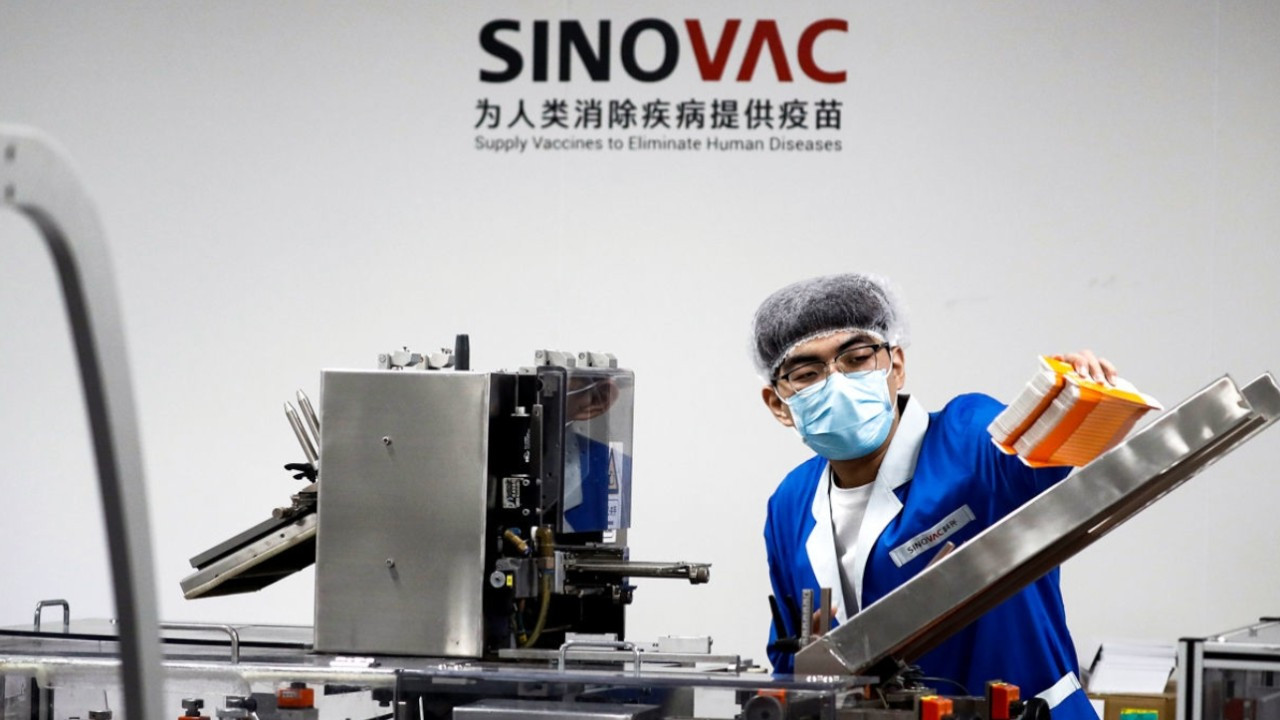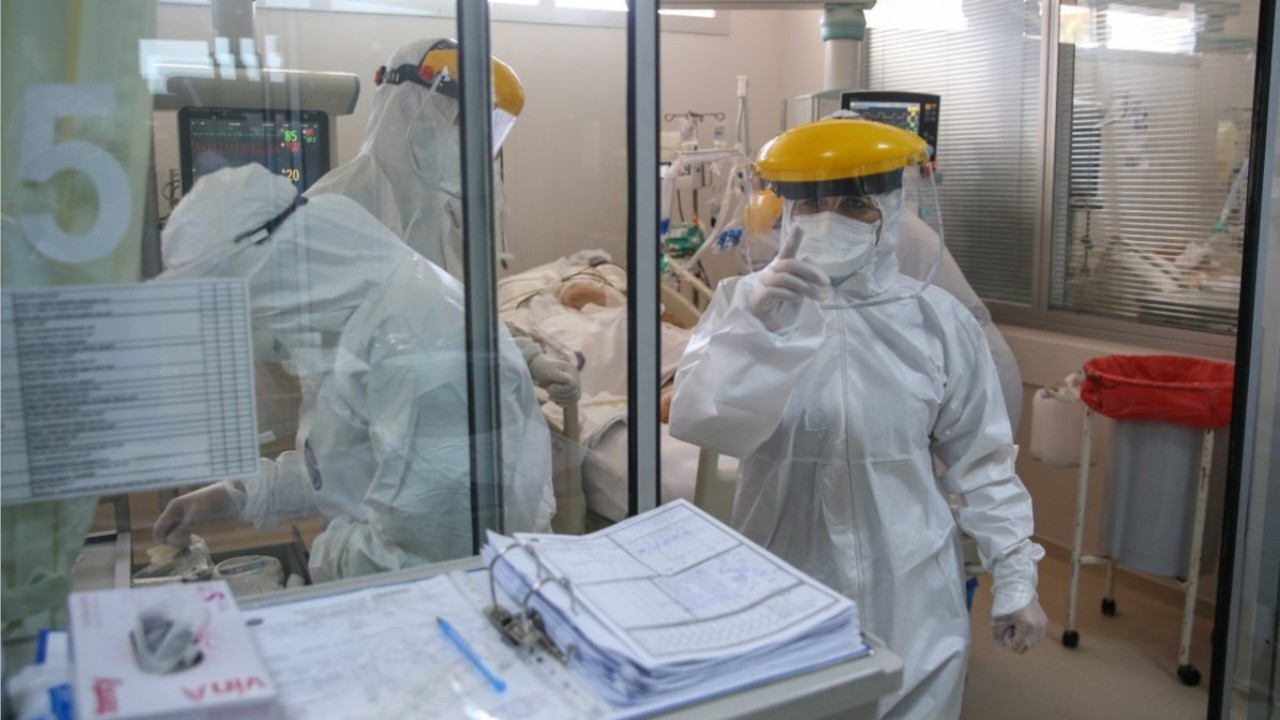Turkey grants emergency authorization to Sinovac's CoronaVac, vaccinations to begin with health workers
Turkey's official drug and medical equipment body announced on Jan. 13 that it granted emergency use authorization for Chinese COVID-19 vaccine CoronaVac after completing analysis studies. Shortly after the statement was released, Health Minister Fahrettin Koca said that countrywide COVID-19 vaccinations will start with health workers on Jan. 14.
Duvar English
Turkey's official Medicines and Medical Devices Agency (TİTCK) has granted emergency use authorization to China's Sinovac COVID-19 vaccine.
"While evaluating the scientific data, samples that were delivered to our country have been examined in our institution's laboratories over 14 days," TİTCK said in a statement on Jan. 13.
Shortly after the statement was released, Health Minister Fahrettin Koca said countrywide COVID-19 vaccinations will begin on Jan. 14, starting with health workers.
Shortly after addressing reporters, Koca received a shot on live television, followed by members of Turkey's advisory science council.
"For us to return to our old lives, we absolutely need to get the vaccine," Koca said. "I believe the days ahead of us will be bright."
#Turkey's Health Minister Fahrettin Koca has received his first shot of the CoronaVac vaccine on live television. https://t.co/4l0PHbI6B7 pic.twitter.com/HDdYoTd0Vy
— Duvar English (@DuvarEnglish) January 13, 2021
Earlier this week, President Recep Tayyip Erdoğan said shots would begin on Jan. 14 or 15 after Turkey received 3 million of the 50 million purchased doses of Sinovac's CoronaVac.
Ankara plans first doses for health workers and those older than 65, followed by those older than 50 and suffering at least one chronic illness, in addition to those in specific sectors or high-risk environments.
The third group will include young adults and sectors not included in prior groups. A fourth group covers all the rest not listed.
There is however growing skepticism about the efficacy rate of the Chinese vaccine. Turkish researchers said in December that the vaccine was 91.25 percent effective, basing their report on interim data from a late-stage trial in Turkey.
However, Brazilian researchers announced on Jan. 12 that full data showed the vaccine to be 50.38 percent effective against the virus in late-stage trials, almost 30 percentage points lower than previously announced.
At a press conference, Sao Paulo state officials and researchers from Butantan Institute said that the latest rate included data from all volunteers, including those who contracted “very mild” cases of COVID-19 and required no medical assistance.

 Chinese COVID-19 vaccine shows only 50.4 percent overall efficacy in Brazil trialCoronavirus
Chinese COVID-19 vaccine shows only 50.4 percent overall efficacy in Brazil trialCoronavirus Turkey to start administering China's Sinovac COVID-19 vaccines on Jan 14 or 15Coronavirus
Turkey to start administering China's Sinovac COVID-19 vaccines on Jan 14 or 15Coronavirus